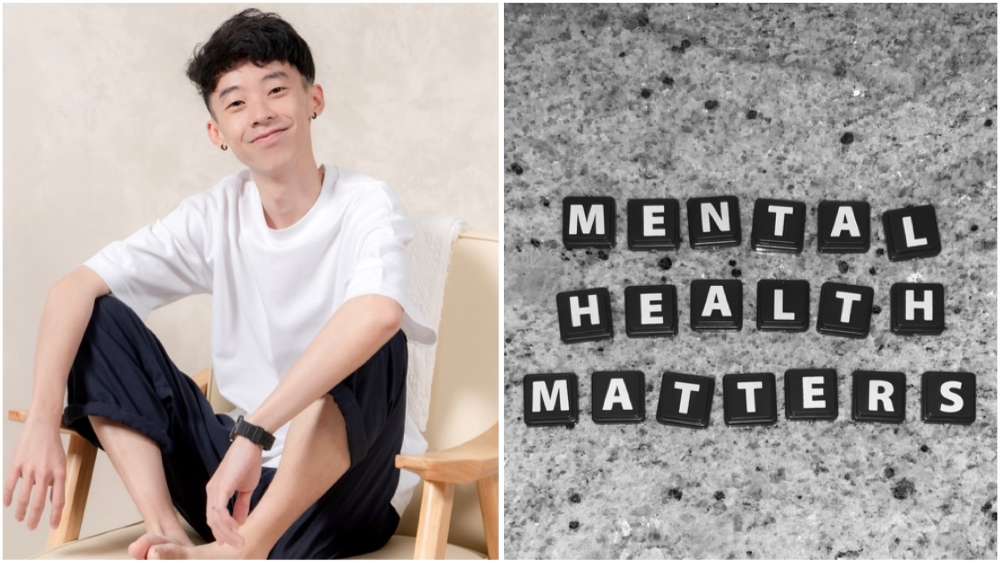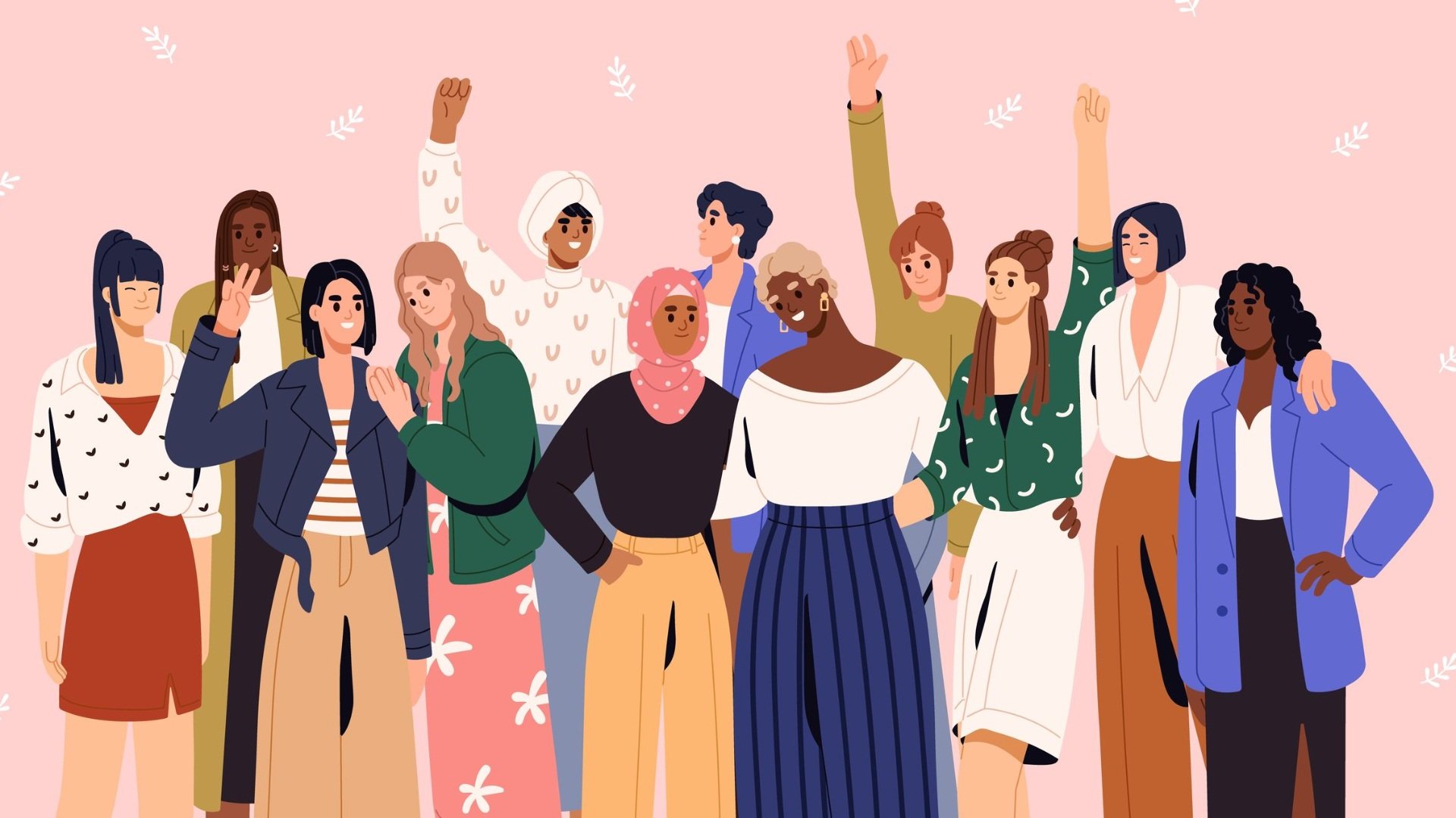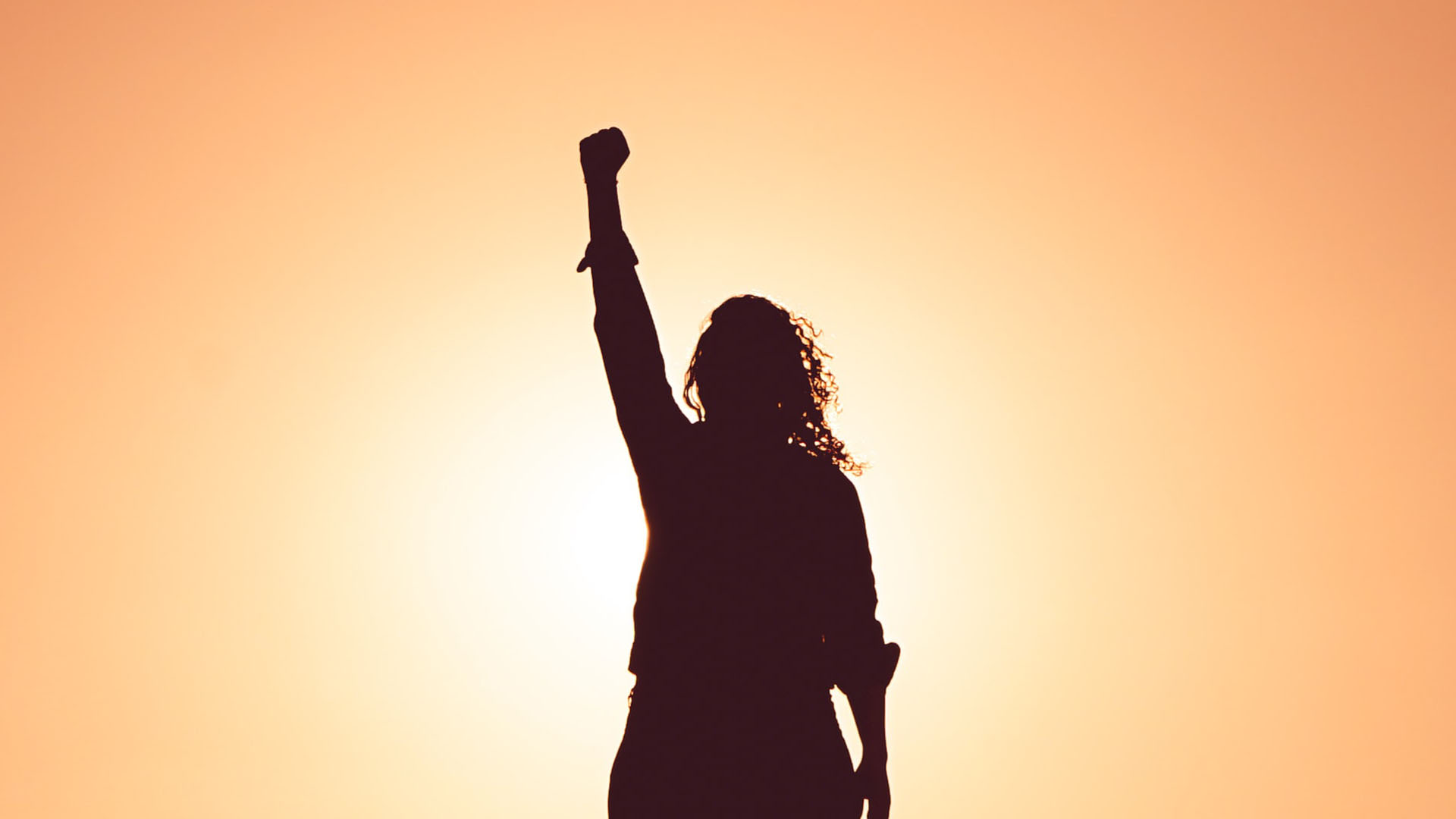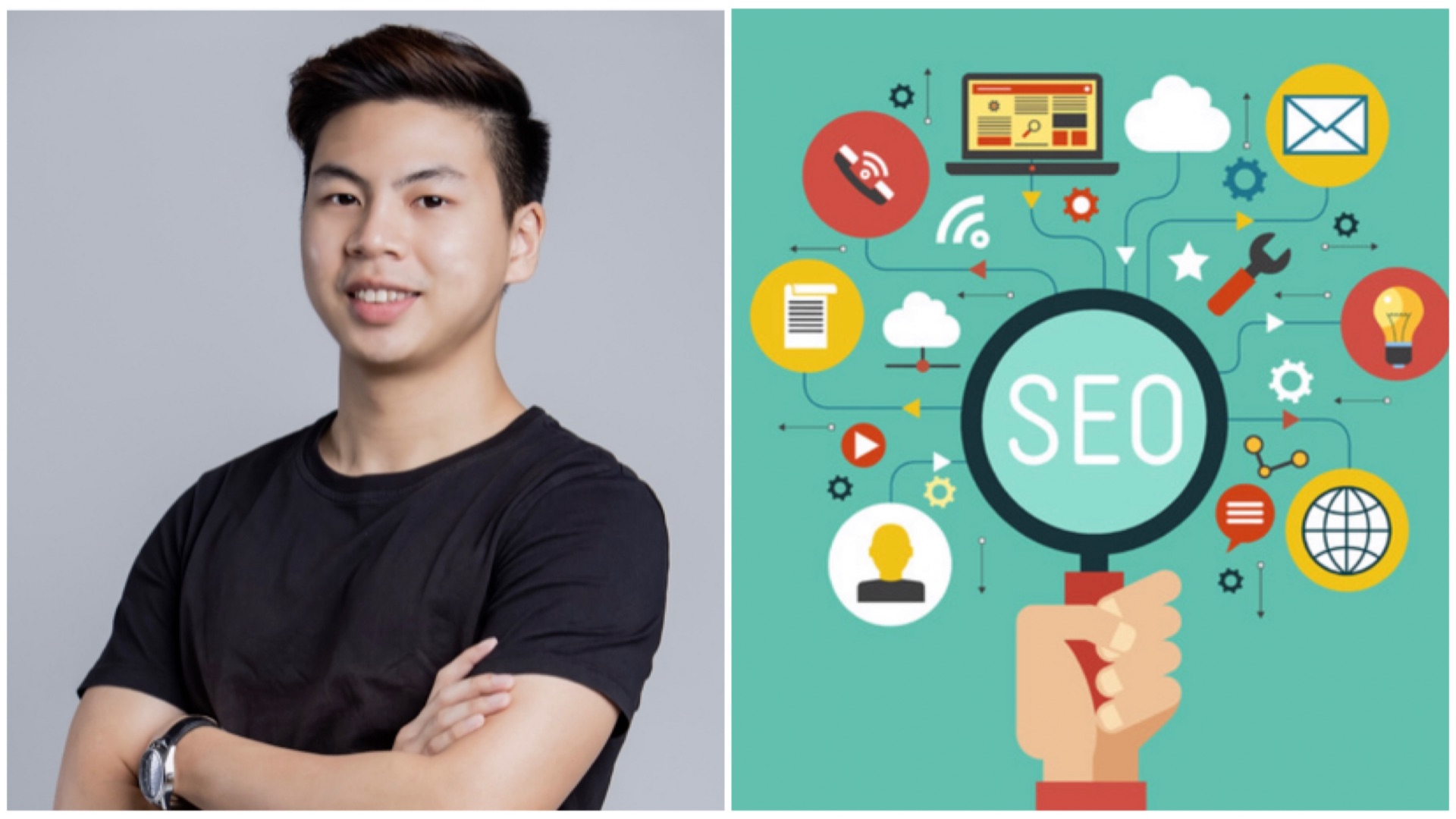World Mental Health Day: Feeling Pain 24/7 Has Shaken Up His Outlook On Life
WARNING: This article makes mention of suicidal feelings.
A stubbed toe, a stomach ache, a paper cut - most of us experience such physical pain on a daily basis. It's fleeting at best, annoying at worst. But for some of those suffering from chronic medical conditions like fibromyalgia, pain never stops.
Fibromyalgia impacts the body's soft tissues, resulting in persistent and widespread discomfort. It manifests as chronic pain and stiffness in the muscles, ligaments, and tendons near various joints throughout the body, often characterised by multiple tender and sensitive points within these affected muscle regions. Additionally, individuals with this incurable and irreversible condition commonly experience unusual fatigue and difficulties with sleep.
Imagine what such round-the-clock physical discomfort does to a person emotionally and mentally.
According to Singapore's National Arthritis Foundation, two to five per cent of Singapore's population (mainly those aged between 20 and 50) are affected by fibromyalgia - and this includes 28-year-old JJ Ong, a multi-hyphenate who is a digital creator, a communications and marketing specialist, an adjunct lecturer, and a realtor, whom you might know better as local musician Falling Feathers, an alter ego he's put on the back-burner.
In late 2019, what JJ thought was "a bad cold" turned into body and muscle aches akin to those experienced if one contracts dengue. He was only diagnosed with fibromyalgia a year later.
"My main symptoms are widespread body pain in my limbs, and like, physically everywhere. The most painful parts are usually in my back, my shoulder, and my neck," he says, even admitting that although he doesn't show it, he is feeling pain, and experiencing a throbbing migraine during our interview.
"How I describe it is, if you're a marathon runner and you've been running with a 20kg ankle weight for 10 years, naturally, it'll just feel like it's a part of you. You still run the marathon, maybe a bit slower, but you still run. So, that's me lor."
 "The pain is a reminder for me that I must be happy now. Who knows what will happen tomorrow?" says JJ Ong. | IMAGE: SIM DING EN
"The pain is a reminder for me that I must be happy now. Who knows what will happen tomorrow?" says JJ Ong. | IMAGE: SIM DING EN
JJ might seem to be able to manage his condition now, his positive attitude and cheerful demeanour worn proudly like badges of triumph over fibromyalgia. But in the lead up to his diagnosis, not knowing what was wrong, and being in constant physical suffering, things took a decidedly darker turn.
"At that time, I wasn't really working. I was at home and I was just like, 'dying' in bed every day, to the point where I really wanted to die," JJ recalls. That's when a friend urged him to see a psychotherapist, a timely move which offered a breakthrough in his suffering.
"He got me more in touch with my own emotions and allowed me to understand myself better. The physical illness is managed through stuff like physiotherapy or certain oral medications, but those things can only get you that far," says JJ. "The rest of the journey is highly dependent on your own mental strength, and your motivation to get that mental strength up to bring you the rest of the way."
To commemorate World Mental Health Day (10 Oct), we speak to JJ about his mental resilience in the face of a chronic condition, and the positive aspects of this life-changing experience.
Tell us about how you finally got diagnosed with fibromyalgia.
Since fibromyalgia is a diagnosis by elimination, the process can be quite long. I started by going to a GP [a few times] as I thought I just had a very bad flu or dengue fever, and I just never got better.
Eventually, the GP referred me to a rheumatologist, who referred me to a whole bunch of other specialists: an orthopedist, a haematologist, a neurologist. I did a lot of blood tests, X-rays, CT scans, tests where they put a needle into your nerves to check if it's a nerve issue, or if it's a muscle degenerative thing. So, check, and check, and check.
In that one year from 2019 to 2020, because I didn't know what was going on, I tried looking for a cure. I tried all sorts of alternative medication, acupuncture, TCM, herbs. I even went to church, a temple, and had people pray for me, and exorcise the "ghosts". But the symptoms never went away. In fact, they got worse over time.
After a few months of testing, and back and forth of "physio-type" things, I finally got diagnosed.
I think the most painful part about the pain is that you don't know what's wrong. Everybody keeps telling you that there's nothing wrong with you, and that the tests are fine. There's nothing wrong with you, but you feel this pain, and it's very real.
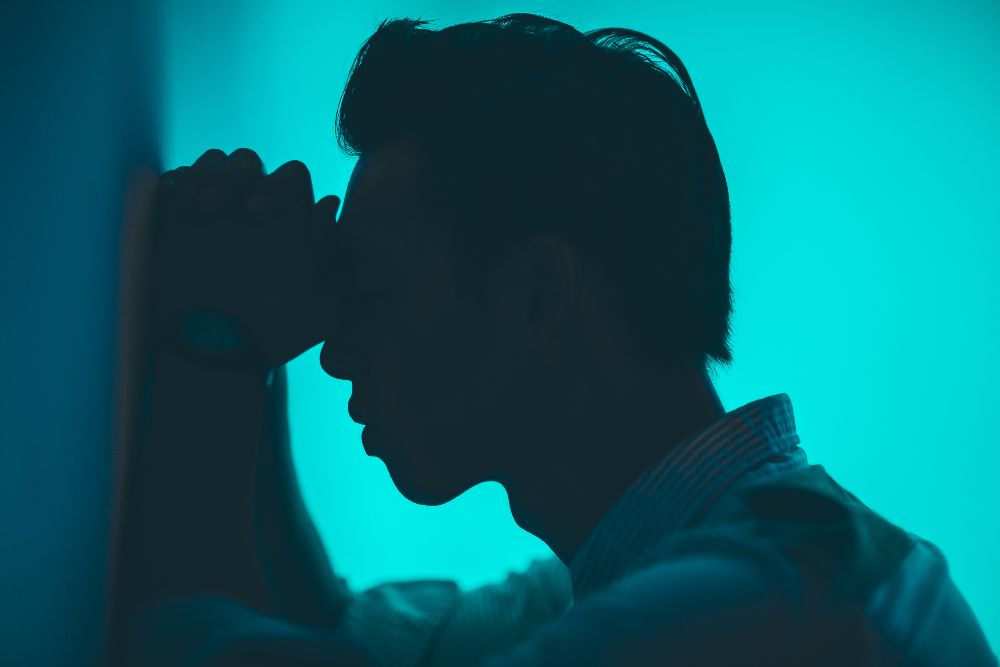 IMAGE: UNSPLASH
IMAGE: UNSPLASH
Are you in pain right now?
I'm actually having a pretty bad migraine right now. But obviously, you cannot tell.
On most days when it is well managed, the pain level is about 3 or 4. Thankfully, it hasn't happened in a while, but once a month or so, my pain level will suddenly shoot up to an 8 or 10. Those are the days where, really bo pian, I have to take painkillers.
Right now, my pain level is about a 4 or 5. Usually towards the end of the day, the pain level will increase because the energy starts to decrease. But it doesn't really go past a 5.
Have there ever been moments when the pain is at a zero?
Sadly, no. There have been moments when I am very, very relaxed, for example, I'm on a holiday somewhere, I'm in the hot shower, and, you know, I'm just enjoying life. For a moment, I'm like, "Eh? Like no pain eh." Then, when I turn off the water, and walk out of the shower, it's like, "Oh okay, it's still there." But I I try not to focus on it too much lah.
While fibromyalgia has been debilitating, in what ways has it changed your life for the better?
I'm actually glad this happened. It's a very weird thing to say because I'm in pain every day, and I will be in pain every day for forever. But the pain now acts as my reminder to basically really live life.
Last time, I was also very excited to live life, and had a lot to live for, yet there was always, "Aiyah, I can wait until tomorrow, can wait until next week, we can take our time to achieve that success and happiness." I had that whole Singaporean [mindset]: You work hard and life will reward you in the future. You can have a good retirement, maybe even retire early at 40, 50. That was my goal. And while trying to build my life, I forgot what it meant to really, really live life.
Fibromyalgia reminds me every single day I cannot sacrifice myself and work hard for 10 years, 20 years, so that at 45 years old, I can be happy. I might not even live until 45, right?
So this pain is a reminder for me that I must be happy now. Who knows what might happen tomorrow? It also acts as a reminder for me to really just be more empathetic. Be kinder to not just people around me, but also to myself. You cannot control the things that you cannot control; you can only control the actions that you make.
It's just one day after another, one day at a time, and we see what tomorrow brings lor! I try not to see too far, because when you see too far, it blinds you from the now.
This pain also taught me that when you suffer a lot, you tend to be able to see other people's suffering too. And you realise that actually, everybody is suffering from something - whether it is a physical condition, or like a really bad break-up. There is no metre or metric to measure suffering; it's all about perspective.
So even though I'm in pain every day, I really don't feel like I'm suffering. I think there are people out there who might not even be in pain physically, but are suffering a lot worse. This also gives me perspective that we really don't know what people are going through.
If people could be kind to me when I was suffering, I should also try to be kind to them because you never really know what they are going through. I try lah; I'm not a saint!
How was seeing a psychotherapist a turning point for you?
I think he's really the one that helped me the most. I'm still seeing him once a month (it used to be every week when I first started). People like me or with similar conditions still have to go on living life. The psychotherapist really helped because he got me more in touch with my own emotions, and that allowed me to understand myself a better. To pull yourself out of bed every day with these symptoms takes more than just physical strength.
I started seeing the psychotherapist some time in early-2020, way before I was diagnosed. At the time, I was in a lot of pain. I was obviously depressed; I was in bed all the time because I just could not find the energy or strength to get out of bed. I was ready to just say goodbye to the world as it was very painful.
A friend of mine actually introduced me to this psychotherapist, because he has gone through something similar, like a depressive episode. Nothing to do with the body, but a mental health episode. I was desperate, and thought "Why not?"; it was my last shot. The psychotherapist was very kind, very patient, and he walked me through the entire thing. I'm very thankful to him.
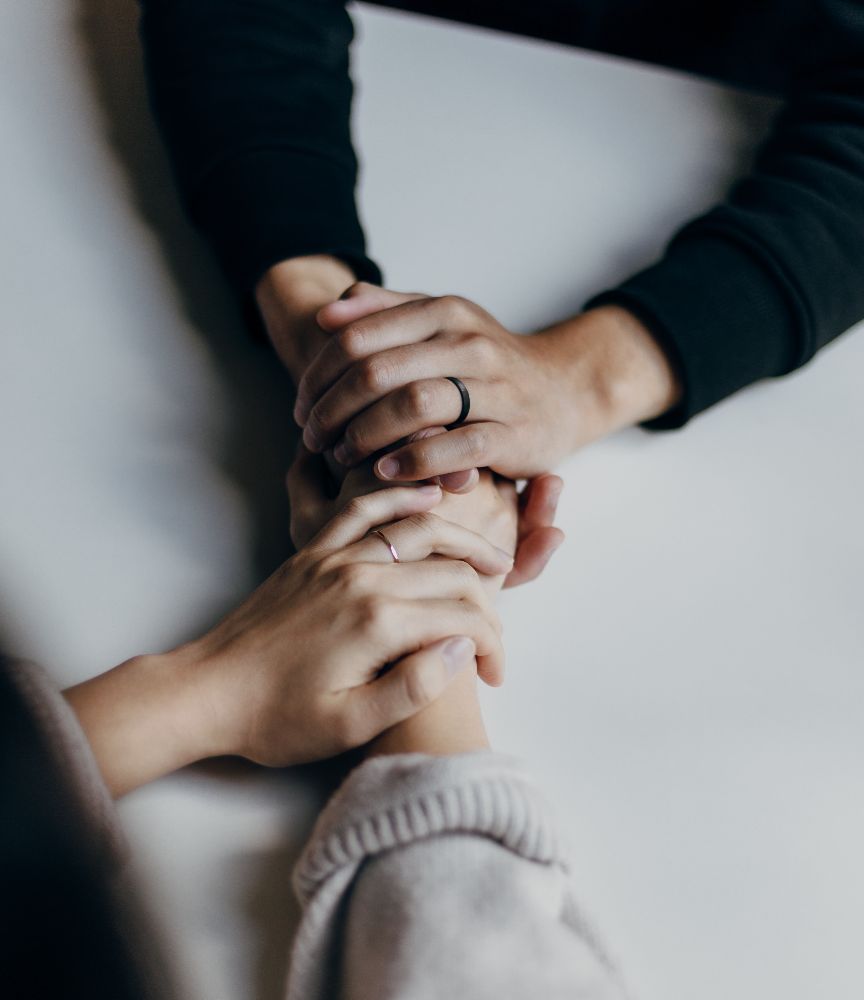 IMAGE: UNSPLASH
IMAGE: UNSPLASH
Other than seeking professional help, what kind of support system did you have to get you out of that hole?
I had very supportive family members, and my then-girlfriend (now, wife). The hardest part is that when you are going through these things, nobody can really help you. But looking back, the support system was actually a very big part of how I managed to get out of [the hole]. It wasn't like I suddenly snapped out of it one day. It was a gradual process of going to psychotherapy, and also realising over time that hey, there's actually a lot to live for.
I also slowly accepted that nobody can find me a cure because there is no cure.
So, I only had two choices: I just cry every day, wallow in self pity, and end up killing myself, or I play the cards that life deals me. I chose the path where I acknowledged that this is going to be a part of my life forever. According to research, the chances of someone recovering from fibromyalgia is about 3%. So either you accept it, find a way to integrate this into your life, and still live a very fruitful life, or you whine and cry about it. I was obviously whining and crying about it for a while, but the psychotherapy and support from my friends and family helped a lot.
The biggest help to me is not "Oh, what can I do for you?" "How can I help you?" "Can I give you a massage?" I think those are very peripheral and don't really help. The thing that helps the most is when people are just there, they just sit beside you, and don't even need to say anything. Just be present. When I need you, when I call you, you'll be there. I think that's the most important for me.
Props to you for still hustling! You're the founder of LFG Content Co., you host the "One Day At A TIme" podcast, you're an adjunct lecturer at Singapore Polytechnic, you do real estate, you write music. What motivates you?
I have been a hustler my whole life, just that my motivation for hustling has changed. I used to hustle for recognition, for success to, to make money, and just be seen as a successful person. All of us like recognition; we like success, and we like money. Who doesn't like money? I still like money. But all these things have become a little bit more of the means rather than the goal.
The goal is really simple: be content and be happy every day. But hustling is a part of me. I can't change that, just that my hours have reduced greatly because of my physical limitations.
Whatever I can physically do now that makes logical sense, and I have the opportunity to do it, I'll do it. And I want to do it now - I don't want to do it 5 or 10 years later. We don't know if those 5 or 10 years will ever come.
When certain stars align for me and certain opportunities arise, I will take it up. I won't think too much about it. So even if I have to drop a very lucrative freelance job to go for something I really like that doesn't pay me at all, I will. Like my podcast, it is non-revenue generating, and it takes time to plan and produce. It means I have to drop some revenue generating things to do it, but I'll do it.
As long as I wake up every day looking forward to live that day, and I enjoy every minute of that day, both the good and the bad - that is really the goal.
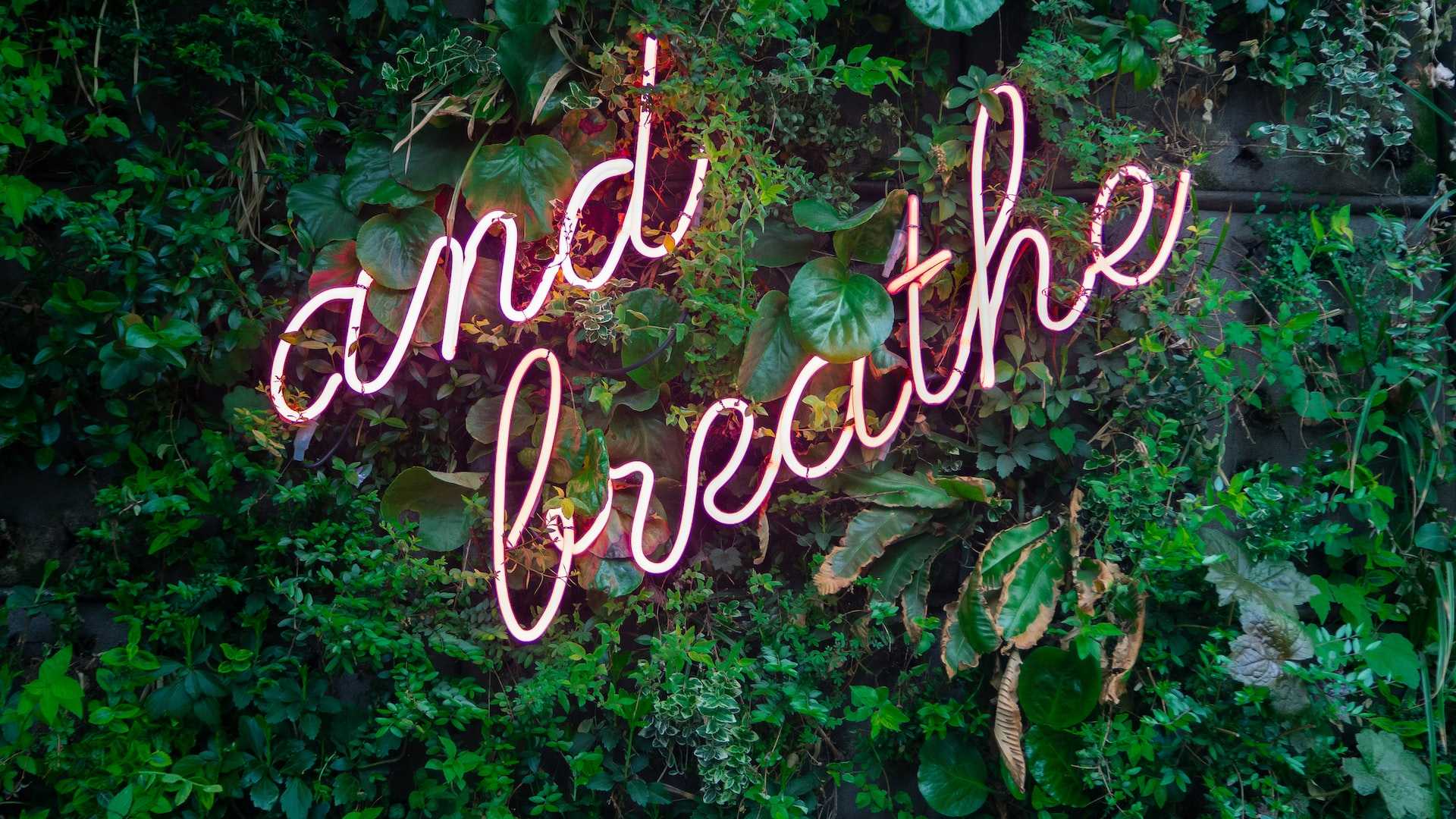 IMAGE: UNSPLASH
IMAGE: UNSPLASH
JJ's tips on how to address your mental health if it's suffering
1. Seek professional help
JJ: "If you're in a hole that you cannot crawl out from, seek help, professional help. Go to a therapist because it's the only way for you to sit with yourself. Even if you are sitting by yourself in a cafe, there are a lot of distractions and noise. The only way that you can come face to face with yourself and your emotions is with a therapist. So, seek help, because once you slowly climb out of that hole, then the self-help part can come in. Because at that point, you will not even want to help yourself."
2. Read self-help books
JJ: "I personally highly recommend this book called 'Letting Go: The Pathway of Surrender' by David R. Hawkins. That book has changed my life. It basically talks about how the universe is energy, and if you are able to just let go of the negative energy, it allows the positive energy to flow in. If you look at it from a practical lens, the more we learn how to let go of the negative things, you realise that in the grand scheme of things, it is not the end of the world, and we can always start from scratch. I think the idea of letting go is also to focus on what we have, rather than what we don't. If you keep focusing on what you've lost, and what you are going to lose, then your entire life will be filled with that narrative, and it becomes very difficult to live life."
3. Try positive journalling
JJ: "Every night before you sleep and every morning when you wake up, write down a list of things that you are appreciative of. Then, you focus on them, rather than the "Aiyah, I never" or "Aiyah, I cannot". If we can practise positive journalling, it becomes a little bit more of a muscle memory to slowly pick up on the little things that are positive. And if we cannot avoid the negative things, we have a choice to focus on them. Even if that day is 99% negative and 1% positive, just focus on that 1% positive. I just try to remind myself that no matter what I lose, I still have my wife, my family, and my friends who love me so much. Even after all these years of frustration, taking it out on them for whatever reason, they're still here. Sometimes, I also think of the bad things that happened and I try to let them go."
For the latest updates on Wonderwall.sg, be sure to follow us on TikTok, Telegram, Instagram, and Facebook. If you have a story idea for us, email us at [email protected].
/roundup_26_april_2024_rectangle.jpg?sfvrsn=39ffd1a7_1)





/roundup_19_april_2024_rectangle.jpg?sfvrsn=898f23d7_1)
